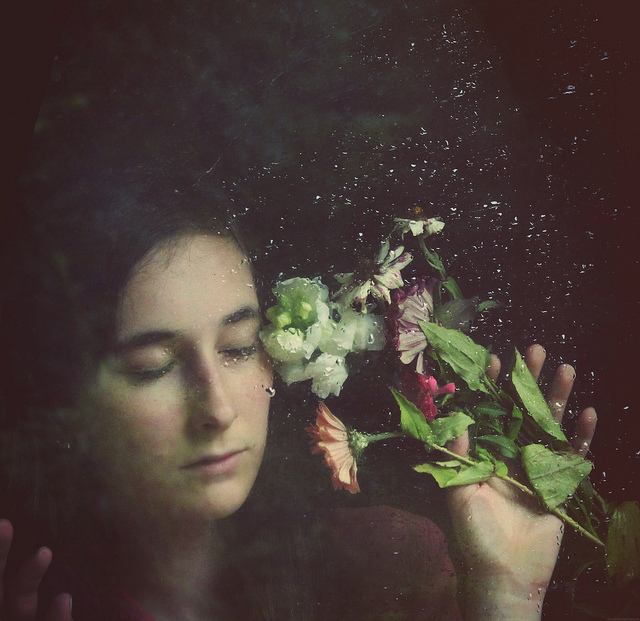I was 6 years old the first time my mother mentioned the “M” word.
You’re so moody.
Much like “pushy” or “mouthy,” moody carried negative connotations. Nice girls were not moody. If they got upset, they did not show it. They never complained out loud. If they had friends they no longer wanted to play with, they kept those opinions to themselves and endured playdates even though they would rather be doing something else. In short, they were everything I wasn’t.
Still, I tried my best to keep my moodiness under wraps. Adults and peers alike commented on how nice I was and how I never seemed to get upset. Still, when I was alone or in the presence of safe company, I let it out. By the time I was in my early teens, my moodiness was becoming more apparent. Indeed, even family friends made note of it. I recall overhearing my mother’s friend saying, “Well, you know how girls get once they’re teenagers. You never see boys getting this moody.”
Ironically, she made this comment right around the time when grunge music was becoming all the rage. There certainly were a lot of young men who fit the description and getting a lot of recognition for being moody. Indeed, they were even considered cool by a lot of people. Still, it wasn’t the same for me and other teenaged girls.
At one point I went from being moody to being something else: clinically depressed.
Thanks to drug interventions and therapy, I was able to control it, but the moodiness never went away. Seemingly little things would turn me from happy to angry or sad. When I expressed to one therapist that I was scared I had some sort of personality disorder, he replied that he thought I was just normal.
In fact, he suggested that part of the reason I was so moody was that I didn’t express how I feel enough. He also pointed out that maybe those things I dismissed as little, really weren’t so little after all or at least not to me. In short, there was nothing wrong with what I was feeling.
At the time it seemed like a revolutionary idea and one I was resistant to after years of hearing that my moodiness was something that needed fixing.
While it’s still not easy being a moody woman, it is something that I have slowly come to embrace especially as I have gotten older and had kids. I feel it’s my duty to be who I truly am, rather than I wish I could be.
While some people are blessed to go through life with a naturally even-keeled disposition, others aren’t.
Some of us are blessed to feel a lot of emotions and experience them intensely. And granted, while there are some of us who suffer from genuine mood disorders which interfere with every day life and require professional help, there are many of us, particularly women, who are naturally moody and that is okay.
Indeed, rather than shy away from it or hide it, we should embrace it and wear the label of “moody woman” proudly.
In fact, instead of moody, I prefer “someone who feels it all.” It may not be as succinct, but it is much more accurate.
Relephant Read:
Disordered Behavior & Why It’s No Joke.
Author: Kimberly Lo
Editor: Renee Jahnke
Image: Martinak15-Flickr











Read 1 comment and reply